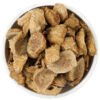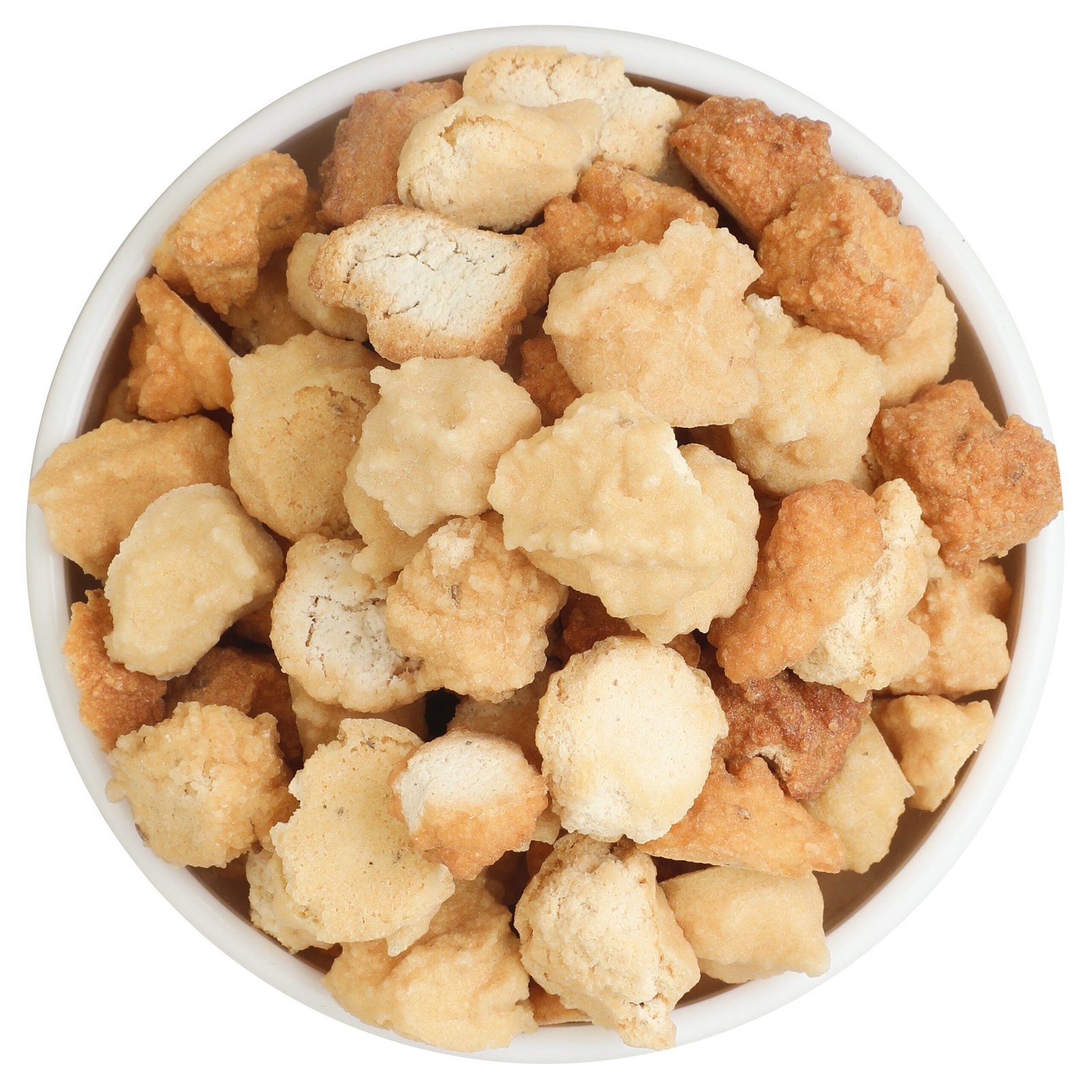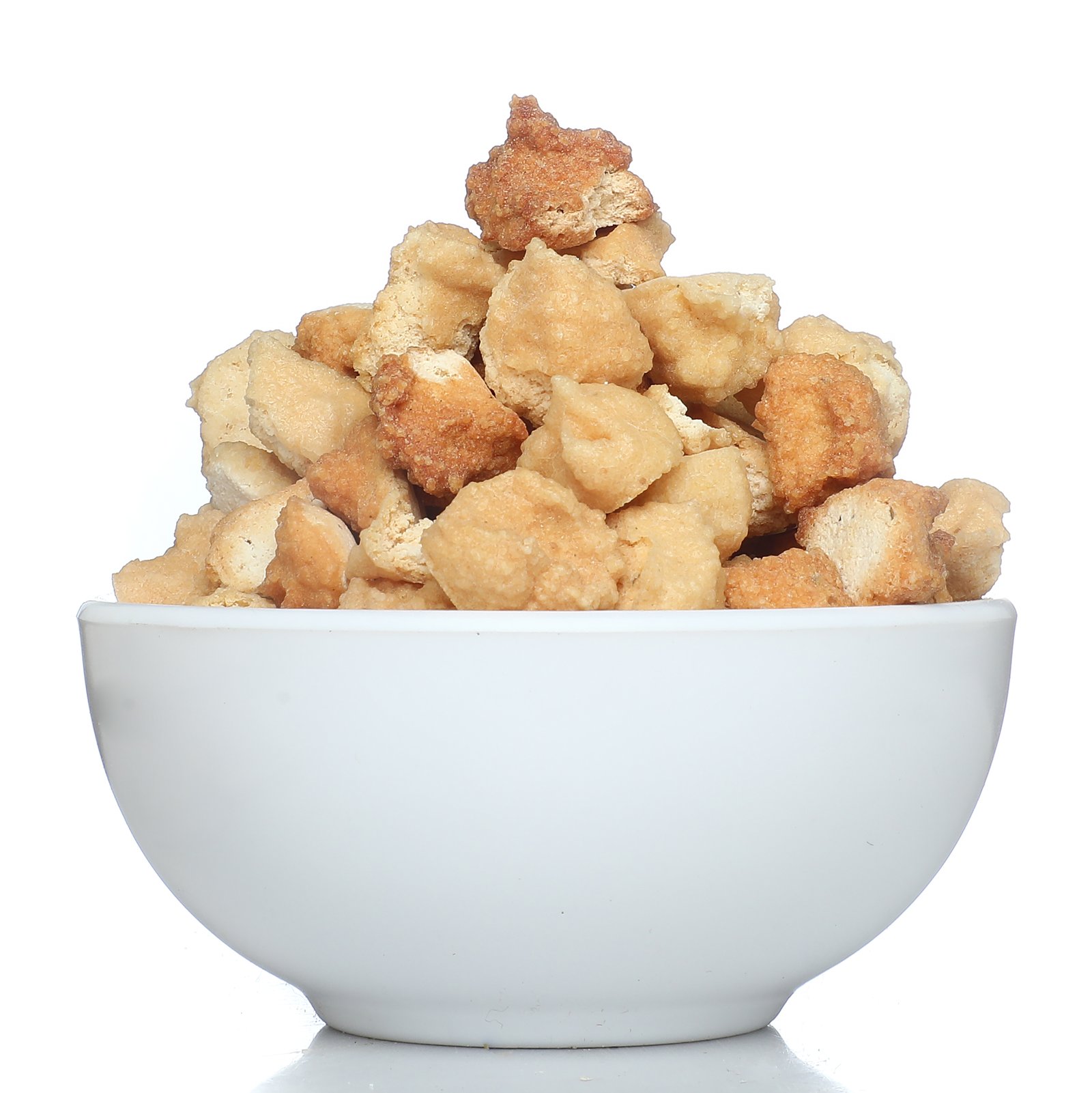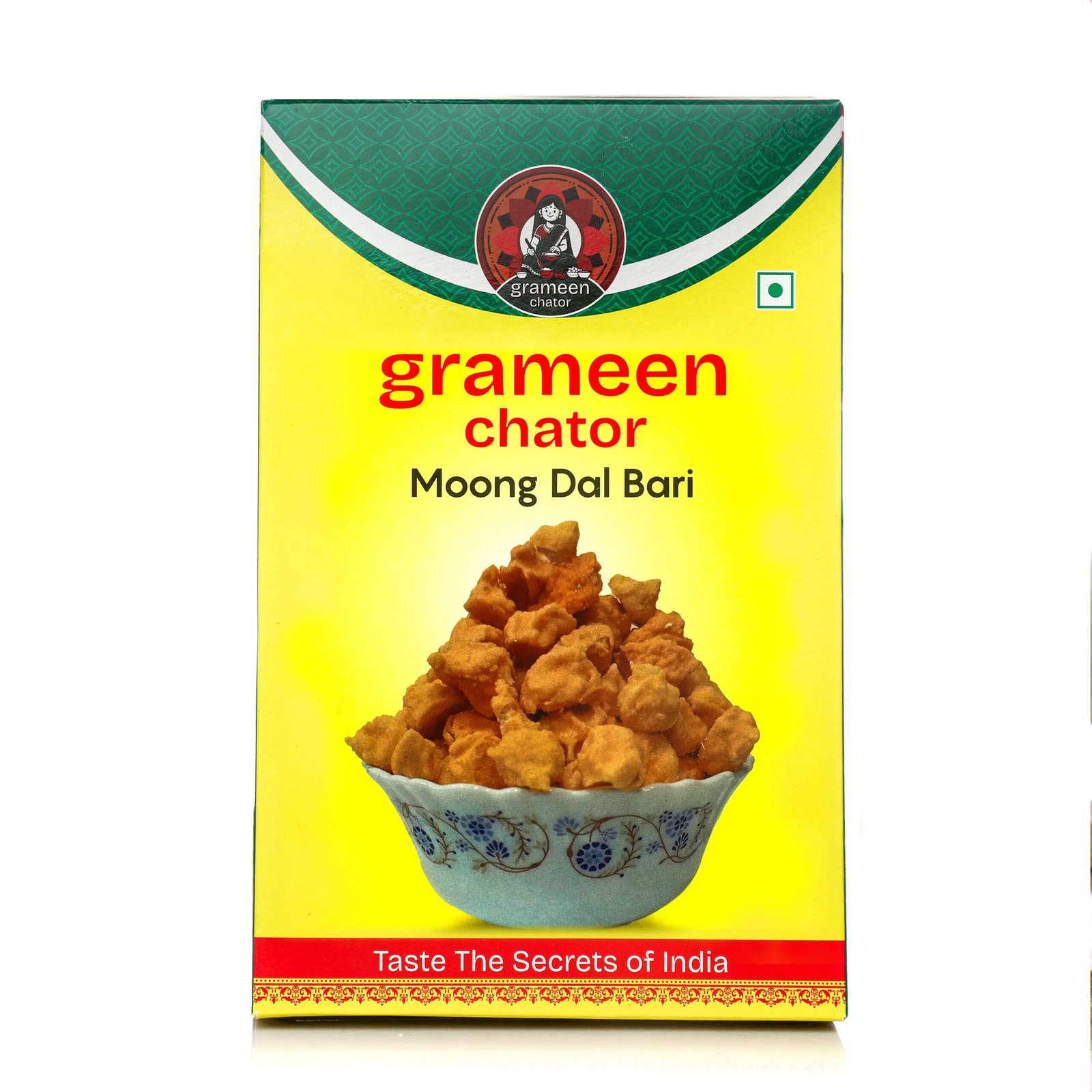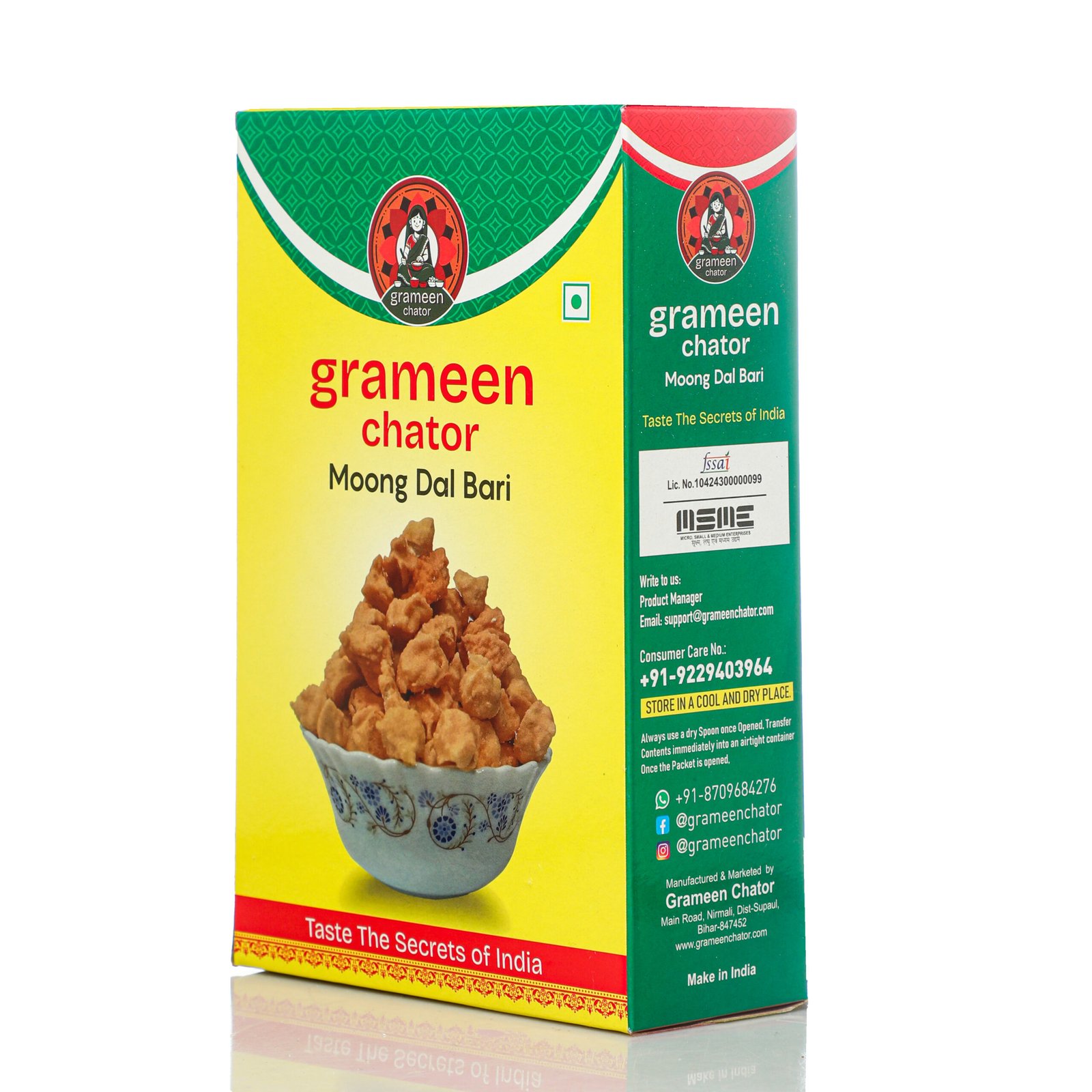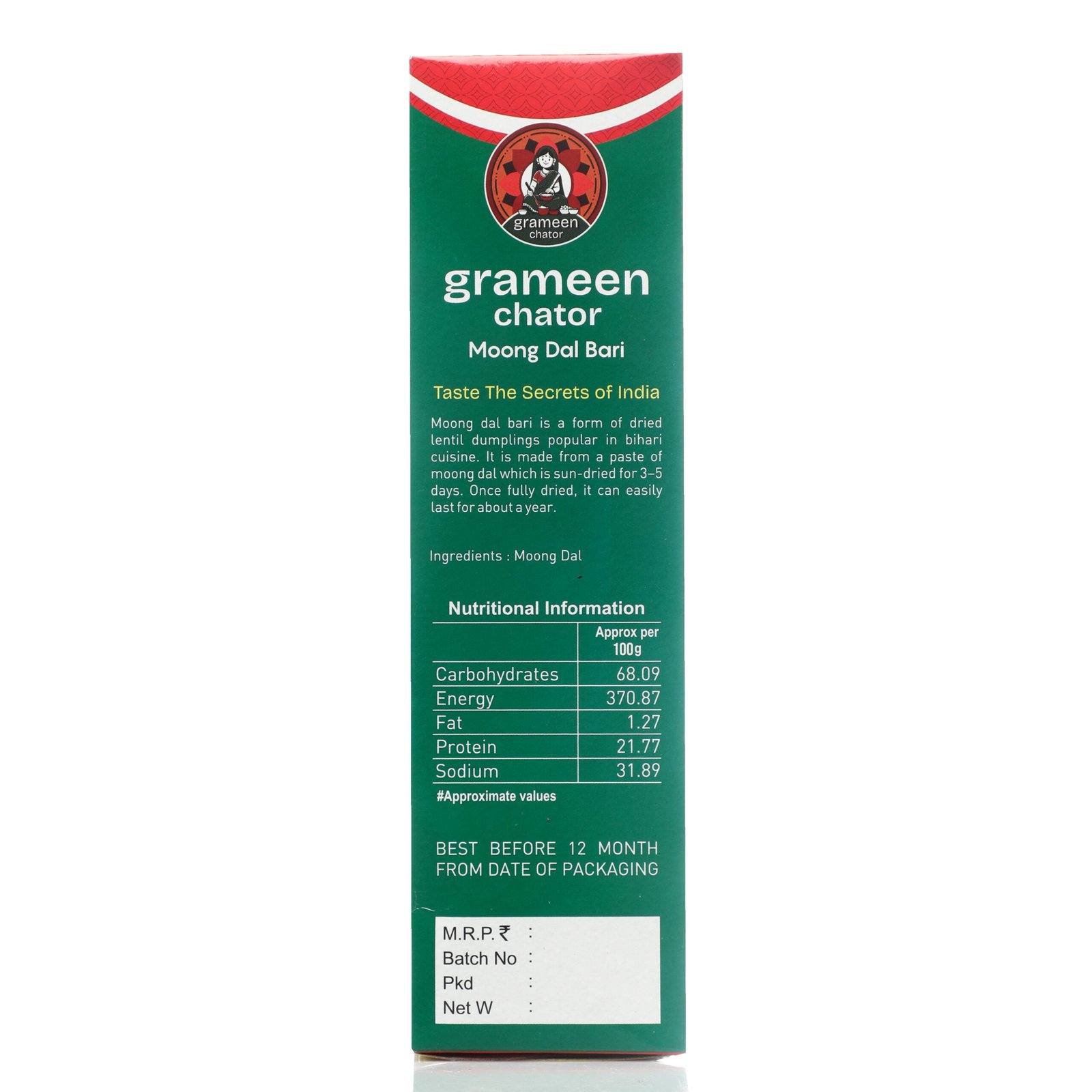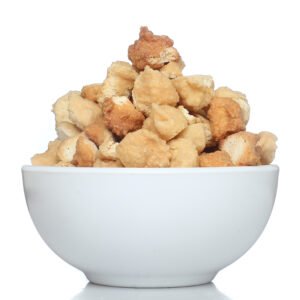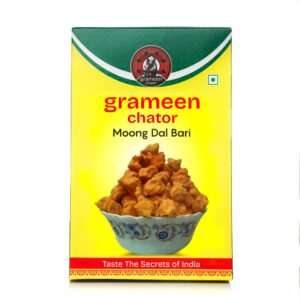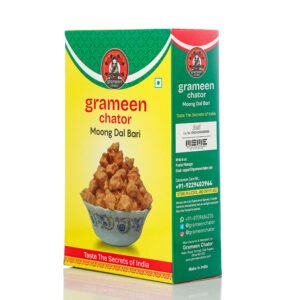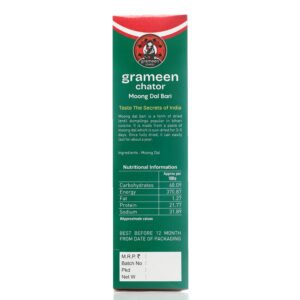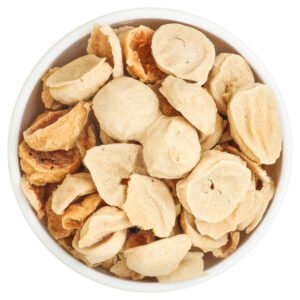The origins of Bari (or Badi) trace back thousands of years, long before written records existed, to the heart of ancient civilizations in the Indian subcontinent. As the early inhabitants of this region
Around 1900 BC, in a village by the sacred Saraswati River, a small group of wise villagers were known for their deep knowledge of herbs, medicines, and food. When a severe drought struck, leaving the entire community starving, the villagers gathered to find a solution. In their desperation, they turned to their wisdom and sought guidance through meditation and prayer.
During this time, one of the villagers received a vision from the goddess Annapurna, revealing the secret of Dal (lentils) as a powerful source of nourishment. The villagers quickly shared this divine revelation, and together, they began to cultivate various lentils like chana dal, moong dal, masoor dal, and urad dal. Remarkably, these lentils flourished even in the drought-stricken soil, thanks to the blessings of the goddess, who had endowed them with rich nutrients capable of restoring the villagers’ strength.
However, preserving these precious lentils for the future posed a new challenge. Drawing on their collective knowledge, the villagers devised a method to grind the dal into a paste, mix it with herbs and spices, and shape it into small dumplings. These dumplings were then sun-dried, transforming into what we now call Bari.
Bari was more than just food; it was a gift from the gods. When cooked, these sun-dried dumplings rehydrated into hearty, flavorful morsels that nourished both body and soul. The villagers revered Bari as sacred, believing that it carried the essence of the goddess Annapurna herself.
As word of the miraculous Bari spread, it became a staple in kitchens far and wide, with families passing down recipes from generation to generation. The tradition of making Bari became an integral part of the culture, especially in regions like Bihar.
Dal, the key ingredient in Bari, remains a symbol of health and nourishment. Rich in protein, fiber, and essential vitamins, dal supports heart health, aids digestion, and provides sustained energy. The story of these wise villagers and the magical lentils is a timeless reminder of the enduring power of simple, wholesome food, carrying forward a legacy of nourishment that has sustained humanity for thousands of years.

